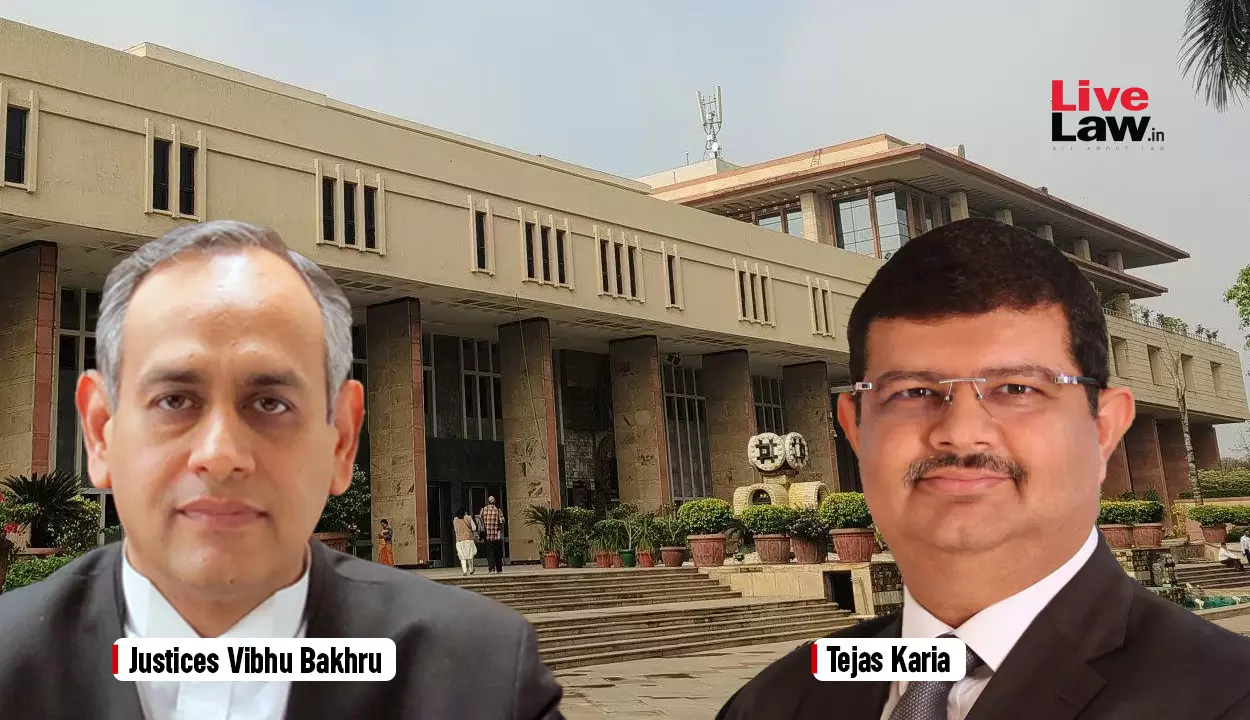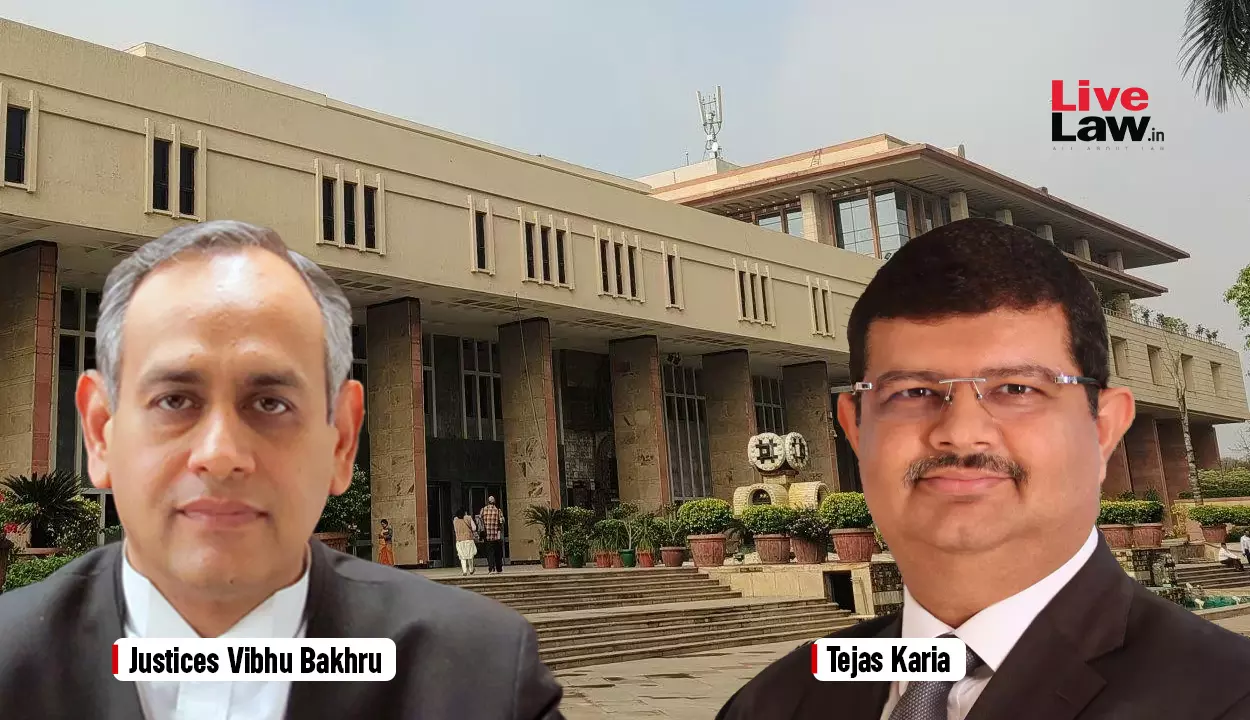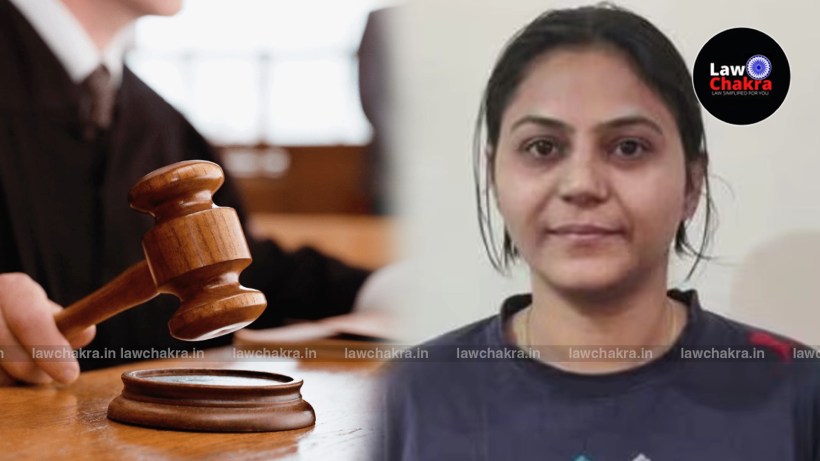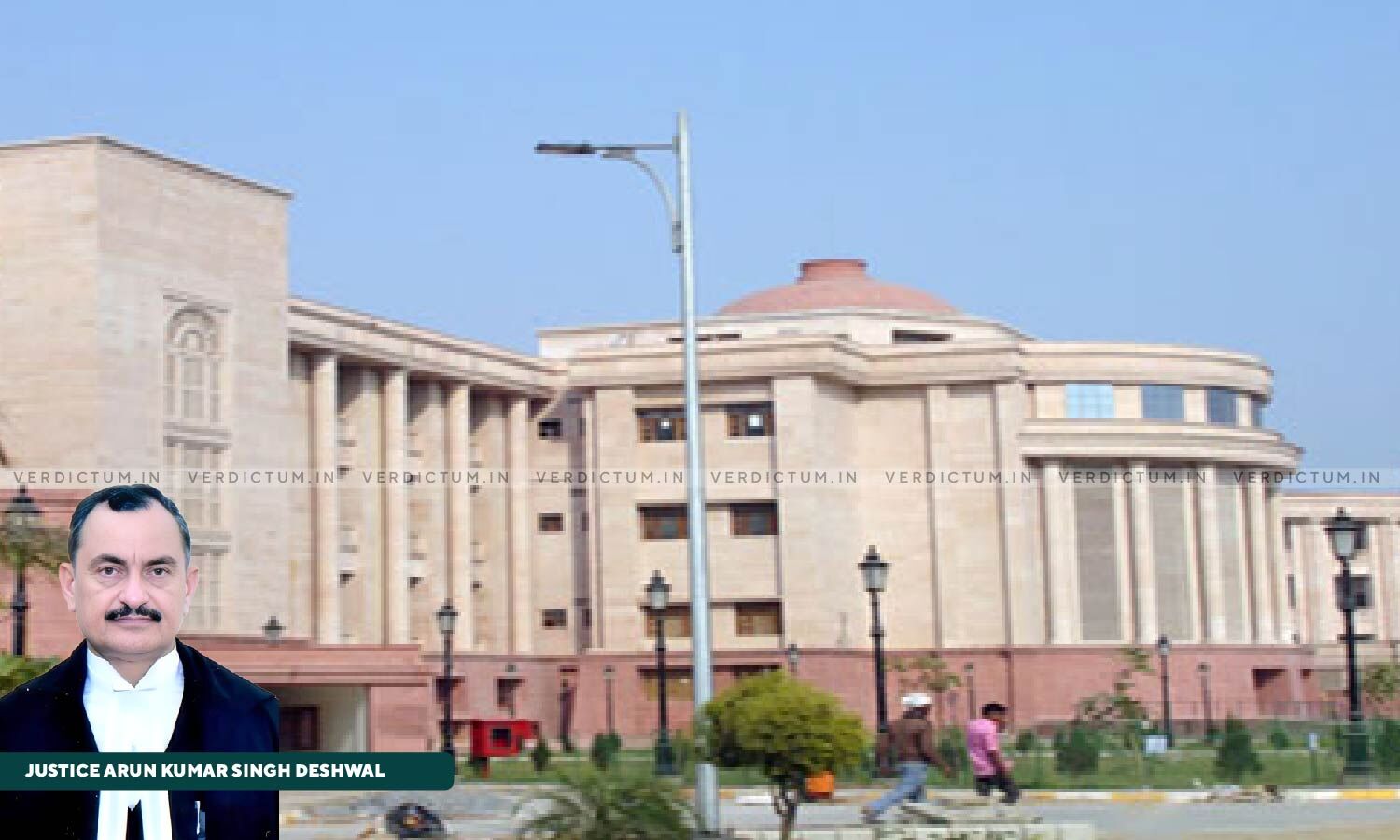Valuation Of Company’s Unquoted Equity Shares By ‘Discounted Cash Flow’ Method Permissible Under Income Tax Rules: Delhi High Court


The Delhi High Court recently rejected the appeal preferred by the Income Tax Department against an ITAT order allowing the valuation of a software company’s unquoted equity shares by discounted cash flow [DCF] method.
In doing so, a division bench of Justices Vibhu Bakhru and Tejas Karia held that DCF method “is one of the methods that can be adopted by the Assessee under Rule 11UA(2)(b) of the [Income Tax] Rules for determining the FMV of unquoted equity shares in a company in which public are not substantially interested.”
FMV refers to the Fair Market Value of a company’s shares.
In the case at hand, the Assessee-company had offered rights issue to its shareholders in order to raise funds for subscribing to the rights issue offered by South Asia FM Ltd. [SAFL], which has a stake in Red FM.
The Assessee had, for the purpose of computing the FMV of its shares, valued its holding in SAFL by DCF method. However, the AO ignored the said valuation and replaced the same by book value of the said investments. Resultantly, the FMV of the shares issued by the Assessee to its shareholders significantly reduced.
ITAT found that the valuation report furnished by the Assessee was required to be accepted, as there was no error either in the methodology or the accuracy of the data on which the report was premised. It also held that the onus to find fault in the data or the method for calculating the value of the shares as computed in terms of the expert’s report furnished by the Assessee rested on the AO and he had not discharged its onus to do so.
On the Department’s appeal, the High Court observed that if the expert report furnished by the Assessee regarding the valuation of its share is substantiated – the same is required to be accepted.
In this regard, the Court referred to Section 56(2)(viib) of the Income Tax Act, 1961 which provides that where a company receives any consideration for a share that exceeds FMV, the excess is chargeable to tax. An explanation annexed to the provision sets out that the FMV of shares would be the value as may be determined in accordance with the method that may be substantiated by the company to the satisfaction of the AO.
In the present case, the Court observed that the Assessee had substantiated the FMV of its shares by furnishing an expert report. It observed,
“The Assessee had valued the unquoted equity shares held by the Assessee in SAFL by DCF method. The same is permissible under Rule 11UA(2) of the Rules.”
As such, the Department’s appeal was dismissed.
Appearance: For the Appellant :Mr Debesh Panda, SSC with Ms Nivedita and Ms Zehra Khan, Advocates. For the Respondent :Mr Gaurav Jain with Mr Rahul Prabhakar, Mr Shubham Gupta and Ms Shalini, Advocates.
Case title: Principal Chief Commissioner Of Income Tax-1 v. A.H. Multisoft Pvt. Ltd.
Case no.: ITA 9/2025





